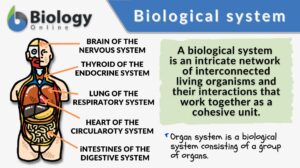Search Results for: components
Bone matrix
Bone Matrix Definition Bone matrix refers to the matrix component of bone tissue. It provides the structural framework and... Read More
Plasma membrane
Do all cells have a plasma (or cell) membrane? Yes, all cells have a biological membrane that separates the protoplasm from... Read More
Feedback mechanism
Feedback Mechanism Definition What is a feedback mechanism? A feedback mechanism is a physiological regulation system in a... Read More
Environment
Environment Definition What does environment mean? If you mean physical environment, then it is defined as the surrounding... Read More
Cytokinesis
The cell cycle of eukaryotes is a cyclical series of biological events that certain asexual cells go through. The cell cycle... Read More
Biotic factor
Biotic Factor Definition A biotic factor is the living component in an ecosystem. The term "biotic" means "of or related... Read More
Endomembrane system
Ever wondered how biomolecules are made within the cell and then they are released outside the cell for use by the body?... Read More
Abiotic factor
An abiotic factor is a non-living element of the environment that influences the way organisms and ecosystems function. Some... Read More
Nucleic acid
Nucleic Acid Definition A nucleic acid refers to any of the group of complex compounds consisting of chains of monomers of... Read More
Phospholipid
What is a phospholipid? Phospholipids are a subgroup of lipids. Other major types of lipids are fatty acids, sphingolipids,... Read More
Homeostasis
Homeostasis is the tendency not to stray from the range of favorable or ideal internal conditions. Such conditions must be... Read More
Selectively-permeable membrane
Selectively Permeable Membrane Definition We can define selectively permeable membranes as those that are selectively... Read More
Fluid mosaic model
Fluid Mosaic Model Definition What is the fluid mosaic model? The fluid mosaic model is a three-dimensional representation... Read More
Chondroblast
There are two forms of cells in cartilage: chondroblasts and chondrocytes. The chondroblasts are cells that secrete the... Read More
Amphipathic
Amphipathic Definition Amphipathic is a word used to describe a chemical compound containing both polar (water-soluble) and... Read More
Endoplasmic reticulum
Endoplasmic Reticulum Definition The endoplasmic reticulum is a membrane-bound organelle in cells of eukaryotic cells... Read More
Polysaccharide
Polysaccharide Definition Biology Definition: A polysaccharide is a carbohydrate formed by long chains of repeating units... Read More
Mitochondrion
Mitochondrion Definition What are mitochondria? The term “mitochondrion” comes from the two words of the Greek... Read More
Pancreatic juice
Definition noun The transparent fluid secreted by the pancreas composed mainly of water, electrolytes, and... Read More
Cell membrane
Cell Membrane Definition Just like any non-living body possesses a plastic or paper packaging material that keeps the... Read More
The Conscious & Unconscious Nervous System
The Central Nervous System is arguably the most important part of the body because of the way it controls the biological... Read More
Fibroblast
The building block of living things is known as the cell. The cell contributes to many parts and functions of different... Read More
Nucleobase
Definition noun plural: nucleobases (biochemistry) The base in the nucleic acid, e.g. purines and pyrimidines Details ... Read More
Osmotic pressure
Osmotic Pressure Definition Osmotic pressure is the pressure caused by a difference in the amounts of solutes (or... Read More
Biological system
Biological System Definition A biological system refers to a network of entities that work as a unit, functioning together... Read More






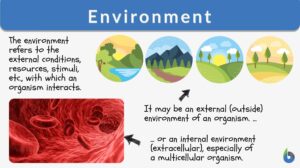





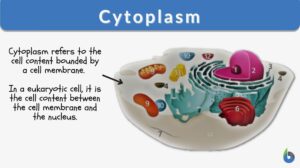


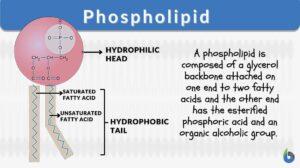


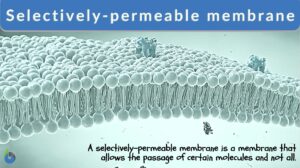



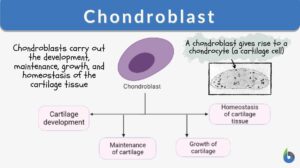



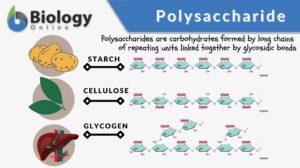

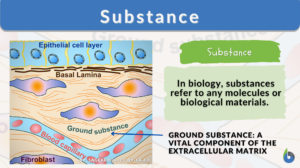




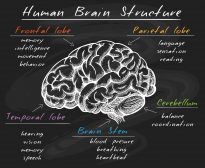
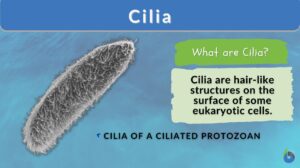
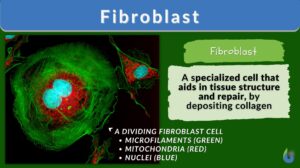
![Biology n., [baɪˈɑlədʒi] Definition: scientific study of life](https://www.biologyonline.com/wp-content/uploads/2021/12/biology-definition-and-branches-of-biology-300x168.jpg)
![Osmotic pressure n., plural: osmotic pressures [ɑsˈmɑtɪk ˈpɹɛʃ.ɚ] osmotic pressure definition and example](https://www.biologyonline.com/wp-content/uploads/2020/11/osmotic-pressure-definition-and-example-300x168.jpg)
